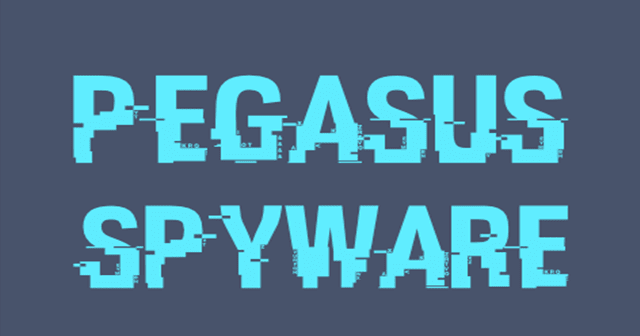But, a report shared by The New York Times says that the FBI has purchased Pegasus for collecting data from mobile devices and issuing FBI on this case. Though the FBI defended it, saying it’s for regular operations and not spying, the court ordered the FBI to produce all relevant documents for future studying of the agency’s involvement.
FBI Buying Pegasus For Data Collection
Pegasus, spyware that’s widely been in the news for the last couple of years, has shown up again with links to the US FBI. Earlier this year, The New York Times reported that the FBI 2018 purchased the Pegasus tool from the NSO Group, with permission granted by the Israeli government. Since it’s a sensitive tool, the Israeli government levied restrictions on NSO Group regarding the distribution of its spyware. Any sale made to the foreign government should happen with prior approval from the Israeli government. And in a requesting letter dated December 2018, where FBI made to the Israeli government said it wanted the Pegasus tool “for the collection of data from mobile devices for the prevention and investigation of crimes and terrorism, in compliance with privacy and national security laws.” FBI paid $5 million for this tool and said it’s for aiding the ongoing investigations. Since this catered to a violation of privacy, The New York Times sued the FBI under the Freedom of Information Act. The FBI said to the court that the purchase was mainly to test and evaluate it and know how adversaries use it. And in a congressional hearing in March, Christopher A. Wray, the F.B.I. director, said they bought this tool under a “limited license” and “as part of our (FBI’s) routine responsibilities to evaluate technologies that are out there, not just from a perspective of could they are used someday legally, but also, more importantly, what are the security concerns raised by those products.” The court now demanded the FBI to produce all the relevant documents regarding this purchase and usage, with a deadline set for August 31st. So far, the FBI side lawyers said they had identified more than 400 pages of documents to be submitted to the court.
